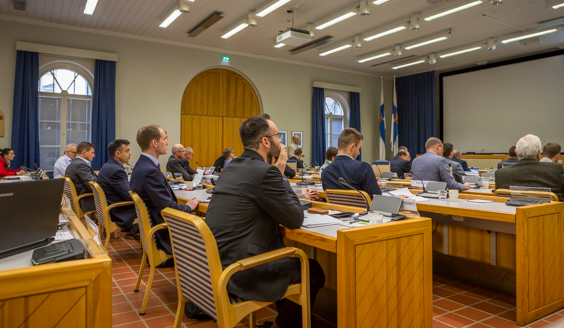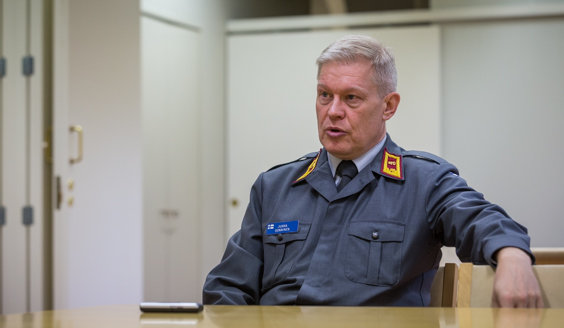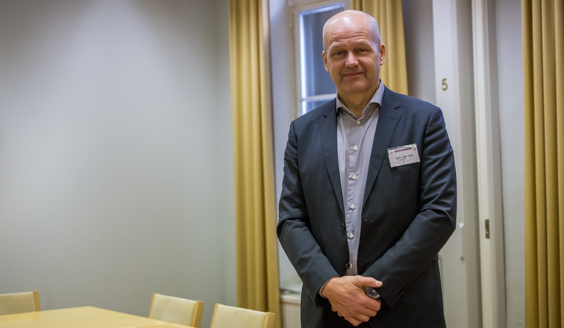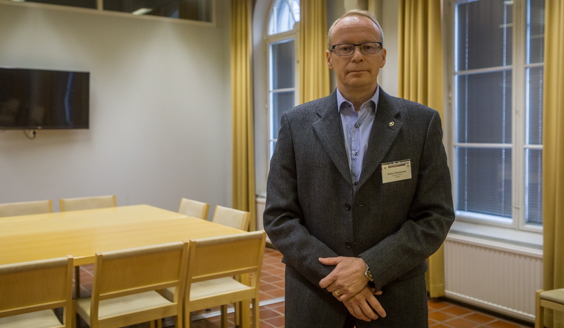Finland’s model for comprehensive security viewed effective against hybrid threats
Presentations regarding the different areas and roles in Finland’s comprehensive security were held at the Comprehensive Security Training Event arranged during the National Defence Course in Helsinki from 23-27 October. Most of the eighteen participating countries were member states of the European Union of NATO, or both. The total number of participants was 35.

- There is an interest in Finland’s model in the world. Comprehensive security is a topical theme, says Lieutenant Colonel Timo Hänninen, the organiser of the event.
According to Hänninen, Finland has been praised because well-functioning comprehensive security in today’s chaotic world is very good against hybrid threats.
Brigadier General Jukka Sonninen, who chaired the seminar, says that the interest and enquiries concerning Finland’s model come from outside. After its wars, Finland has not dismantled its solutions. The model is well-integrated. As a small country, Finland has had to come up with something smart to compensate for size and wealth, Sonninen assesses.

One of the seminar’s international participants was Colonel Halvor Bjørnbeth from Norway.
- I am here to learn and collect ideas that we can use in developing our own overall defence in Norway, he says.
In Bjørnbeth’s opinion it is important that people from different countries who share the same interest can exchange ideas while keeping in mind the fact that countries are different with regard to nature, geography and population. Ideas can be applied in the defence of one’s own country and improving its capabilities.

Lieutenant Colonel Rainer Kuosmanen of the Guard Jaeger Regiment was one of five Finnish participants. For Kuosmanen, the seminar was an experience that served to further extend his knowledge, even though he felt that he was quite familiar with Finland’s model for comprehensive security.
- The Finnish model has worked well for decades. With small adjustments, the model still works today. This interests other countries, says Kuosmanen.

According to Brigadier General Sonninen, who led the seminar, similar courses have been arranged earlier in Finnish. As an international event this seminar was the first of its kind. If the positive feedback continues to come in and interest remains, we will probably arrange the event again next year, Sonninen says.



